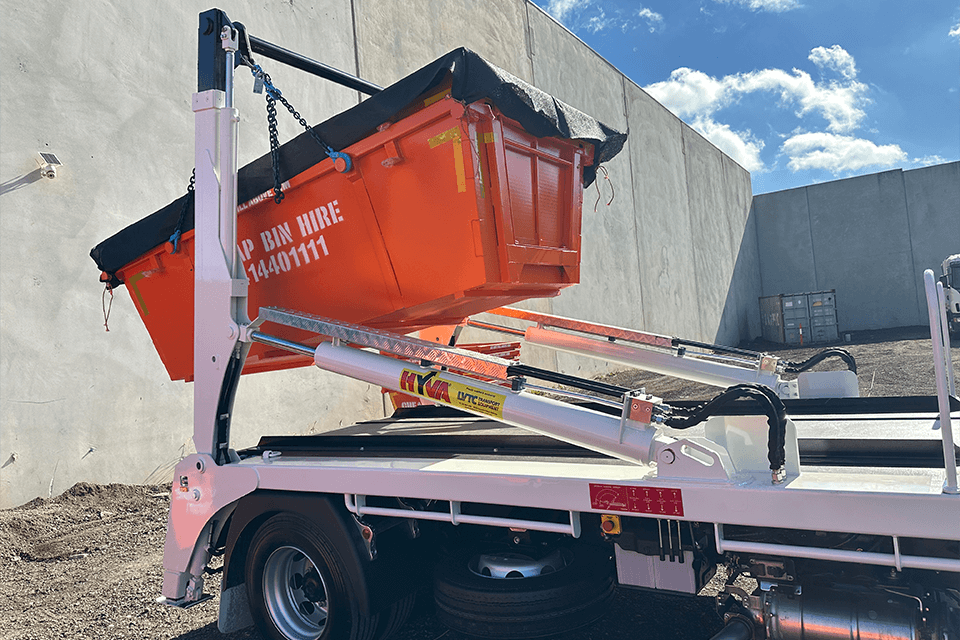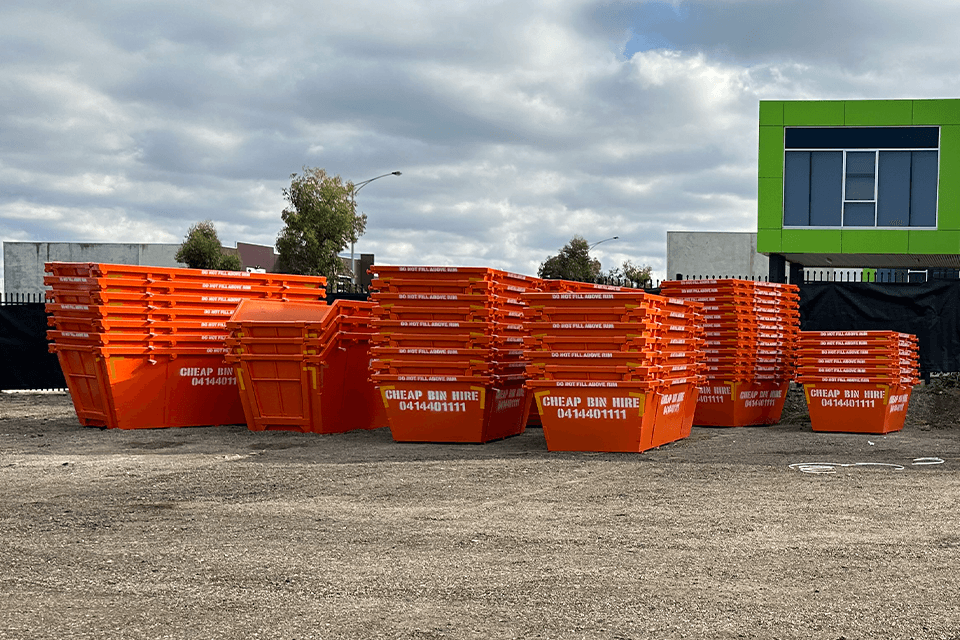As we navigate the challenges of a rapidly changing world, the need for sustainable solutions to manage our waste has never been more pressing. From rising populations to dwindling resources and increasing environmental concerns, the traditional methods of waste disposal are no longer viable. However, amid these challenges, there is hope on the horizon in the form of innovative technologies and practices that are revolutionizing the way we manage waste. Let’s explore some of the most exciting innovations shaping the future of waste management:
- Smart Waste Management Systems: One of the most promising developments in waste management is the emergence of smart technologies that enable real-time monitoring and optimization of waste collection and disposal processes. From smart bins equipped with sensors to advanced data analytics platforms, these systems allow municipalities and businesses to track waste generation patterns, optimize collection routes, and reduce operational costs. By leveraging technology, we can streamline waste management processes and minimize environmental impact.
- Waste-to-Energy Technologies: In the quest for sustainable energy sources, waste-to-energy technologies have emerged as a promising solution to both waste management and energy production challenges. These technologies convert organic waste into renewable energy sources such as biogas, biofuels, and electricity through processes such as anaerobic digestion, pyrolysis, and gasification. By harnessing the energy potential of waste materials, we can reduce reliance on fossil fuels and mitigate greenhouse gas emissions while simultaneously diverting waste from landfills.
- Circular Economy Principles: The concept of a circular economy, where resources are kept in circulation for as long as possible through reuse, recycling, and regeneration, is gaining traction as a sustainable alternative to the traditional linear model of production and consumption. By adopting circular economy principles, businesses and communities can minimize waste generation, maximize resource efficiency, and create new economic opportunities. From product redesign and remanufacturing to waste valorization and closed-loop supply chains, the circular economy offers a blueprint for a more sustainable future.
- Biodegradable Materials and Packaging: As plastic pollution continues to pose a significant environmental threat, there is growing interest in developing biodegradable alternatives that offer the convenience of plastic without the environmental harm. Innovations in biodegradable materials and packaging solutions, such as compostable plastics, plant-based polymers, and edible packaging, hold promise for reducing plastic waste and pollution. By embracing biodegradable alternatives, we can transition towards a more sustainable and eco-friendly approach to packaging and product design.
- Community-Led Initiatives: At the grassroots level, community-led initiatives are driving positive change in waste management practices by fostering collaboration, education, and empowerment. From zero-waste initiatives and community composting programs to plastic-free movements and litter clean-up campaigns, these initiatives empower individuals and communities to take ownership of their waste and enact meaningful change at the local level. By mobilizing collective action and fostering a sense of environmental stewardship, community-led initiatives play a vital role in shaping a more sustainable world.
Conclusion: The future of waste management holds immense promise, thanks to the innovative technologies, practices, and initiatives that are reshaping the way we approach waste. By embracing smart waste management systems, harnessing waste-to-energy technologies, adopting circular economy principles, exploring biodegradable materials, and supporting community-led initiatives, we can pave the way for a cleaner, greener, and more sustainable world for generations to come. Let’s continue to innovate, collaborate, and work towards a future where waste is no longer a problem but a valuable resource.






